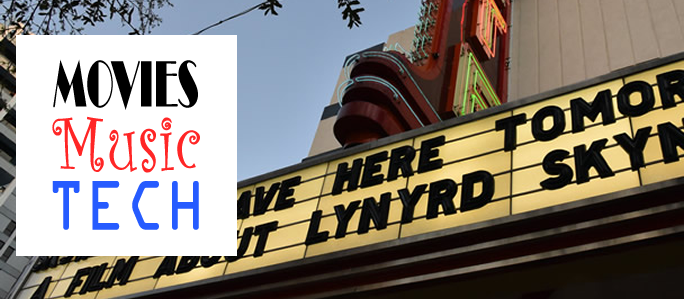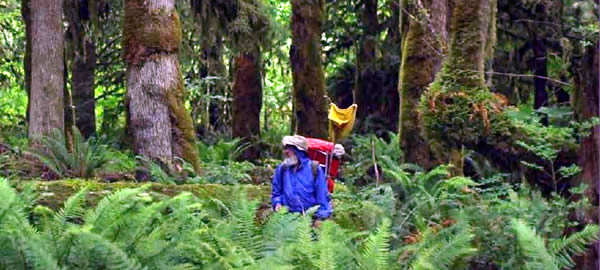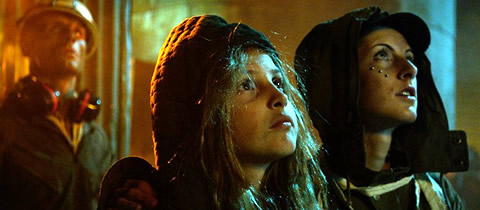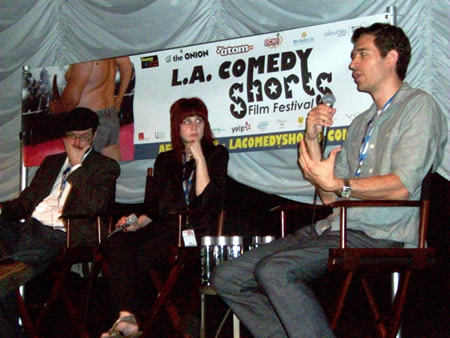(Originally published on Blogcritics.org)
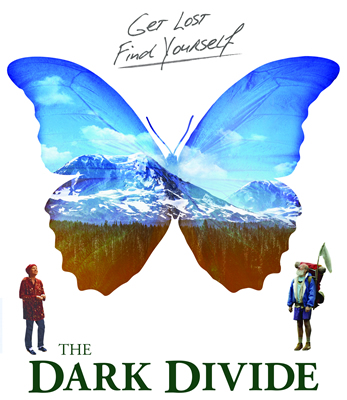
The Dark Divide, staring David Cross and Debra Messing, takes viewers on a cross-country trek through one of America’s most primitive forests with a butterfly expert who finds himself in way over his balding head. The film excels in visual storytelling and writing. The name says “dark”, and that’s true, but hope, humor and light work their way in, too.
It opened in theaters (remember those) last month and will go VOD/Digital on November 10, 2020. I highly recommend that you add it to your must-see list.
Simple Story
It’s a walk in the park. Well, not your everyday park. Filmmaker Tom Putnam based the story, I suspect somewhat loosely, on the experience of lepidopterist (butterfly expert) Dr. Robert Pyle, who helped with the film, and his hike across Washington’s Gifford Pinchot National Forrest. Known to locals as “the dark divide”, this forest, one of America’s largest undeveloped wildlands, should not be ventured into by novice campers. Pyle barely survived.
Pyle took the trip at the urging of his dying wife to search for new species of butterflies. Over six-weeks, sometimes lost in the woods, Pyle encounters, physical challenges, people who make their living from the forest, creatures, and something that challenges his understanding of the natural world. More importantly, he discovers things about himself.
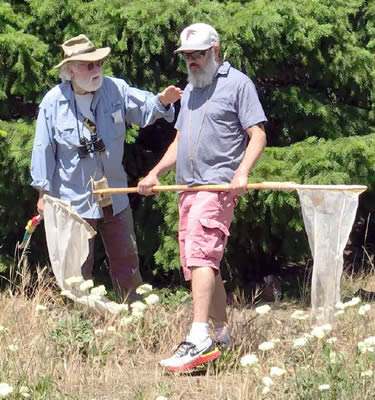
Talented Cast
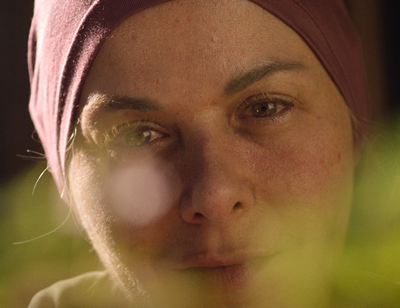
David Cross (Arrested Development, Mr. Show) gets three quarters of the screen time as Dr. Pyle. The rest of the cast shines in their cameos. Debra Messing (Will & Grace, Smash) as Pyle’s wife Thea, gives a touching performance. Her character only appears in the first quarter of the film, but you will not soon forget her. Thea serves as Pyle’s muse and later as his inspiration to keep on struggling.
Stand-up comic Cameron Esposito ignites what could have been a blah character, a store clerk, with amusing energy. David Koechner, Todd Packer on The Office, challenges Pyle’s beliefs around a campfire one night. Gary Farmer, Kimberly Guerrero, and Patterson Hood also add to the richness of the film.
Filmmaking Excellence
Filmmaker Tom Putnam, as producer, director, screenwriter, and editor, created a film worth studying. Screenwriters are told to “show don’t tell” – much easier said than done. Putman does it. Pyle’s relationship with his wife, who is dying from cancer, is touching and so much happens visually. Extremely well done.
Screenwriters also get told to avoid flashbacks. Putman did the opposite and used the technique so well it becomes visual poetry.
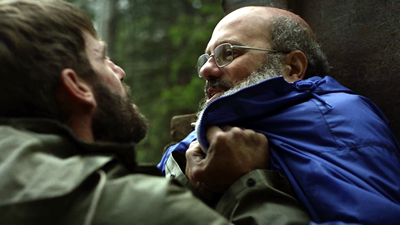
The story goes into one of the ongoing controversies of our time, conservation versus using the resources of the forest. It even touches, unintentionally I suspect, on the recent California wildfires. Instead of taking sides and using the film as a polemic for one side, he shows that loggers are people, too. One scene illustrates the unfortunate consequences of assuming bad intentions on another person’s part.
The film also excels in editing and sound. In a tease during the first few minutes of the film, we see Pyle with a light strapped to his forehead, running in a panicked fashion in the dark. As I watched the film, I kept waiting and anticipating what was going to cause that crisis. And the music was perfect. Performed by contemporary musicians, it somehow had the feel of 1960s folk and John Denver. It complemented the spirit of the film.
Some of the film’s profits will be donated to the National Wildlife Federation, to help protect wildlife and wild places. Find out how to see the film by checking its web page, Facebook , Instagram ( @darkdividefilm ) or Twitter ( @darkdividefilm ) accounts. You can watch the trailer below.
